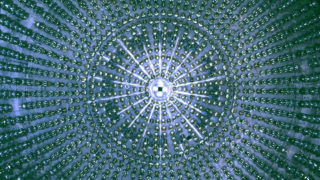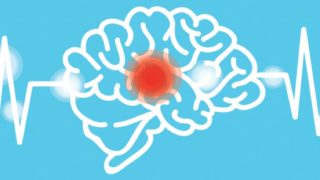
Irradiating food waste for energy production
“ Eat all your food, it can’t be wasted”. How many times have you heard that phrase from your parents? We did not know it, but they were right. Nowadays, a third of the food we generate is wasted. This generates both economic losses (~ $940 billion USD per year) and environmental problems (4.4 Gt […]








